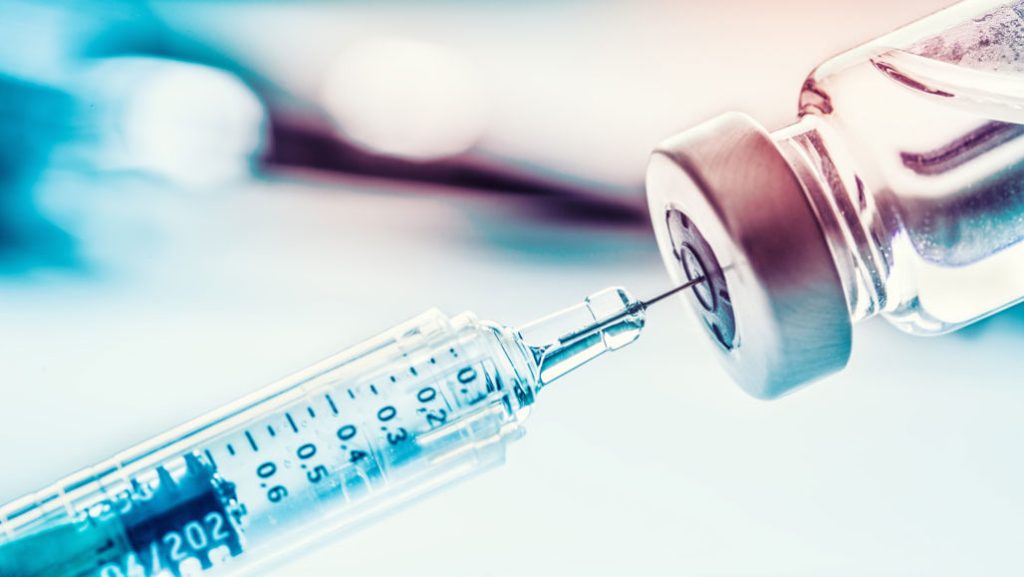Scientists Complete Clinical Trial for Chlamydia Vaccine

Researchers reported promising results in a test in humans for a vaccine against chlamydia, which causes around 131 million new infections worldwide each year. Image credit MARIANVEJCIK/ISTOCK/GETTY IMAGES PLUS
Scientists have completed an initial clinical trial for two varieties of a chlamydia vaccine. Three dozen women were randomly sorted into three groups. Two of the groups each received one version of the vaccine and the third received a placebo. In each of the groups that received the vaccines, no ill effects were reported and the vaccine created an immune response not seen in the placebo group.
Commentary co-author Toni Darville of University of Carolina School of Medicine called this a promising step forward for public health issues, especially the issues that women can face. Chlamydia can have debilitating effects on the long-term health of women and is, unfortunately, one of the most widespread sexually transmitted diseases.
Scientists estimate that 131 million people between the ages of 15 and 49 are infected worldwide every year. Carriers of chlamydia may not even realize that they have the bacteria, Chlamydia trachomatis, residing in their bodies because symptoms are often non-existent or can easily be associated with other ailments. This makes it easy to spread the disease to sexual partners without even realizing it.
“The percentage of women who develop these long-term complications is relatively low,” says Darville, but due to the high number of chlamydia infections, a significant number of women develop serious symptoms. The disease can spread to the uterus and fallopian tubes, where it can cause inflammation and fertility issues.
Developing a vaccine has proven difficult because the immune system has to take a two-pronged approach to combatting chlamydia. Antibodies have to target the bacteria outside of the cell and proteins and T-cells have to clear bacteria out of already infected cells.
The clinical study found that both vaccines triggered a response from both antibodies and T-cells, but one performed better than the other. The research team plans to move the better performing vaccine forward with further trials. The planned trial will recruit volunteers who are at risk of a chlamydia infection.







